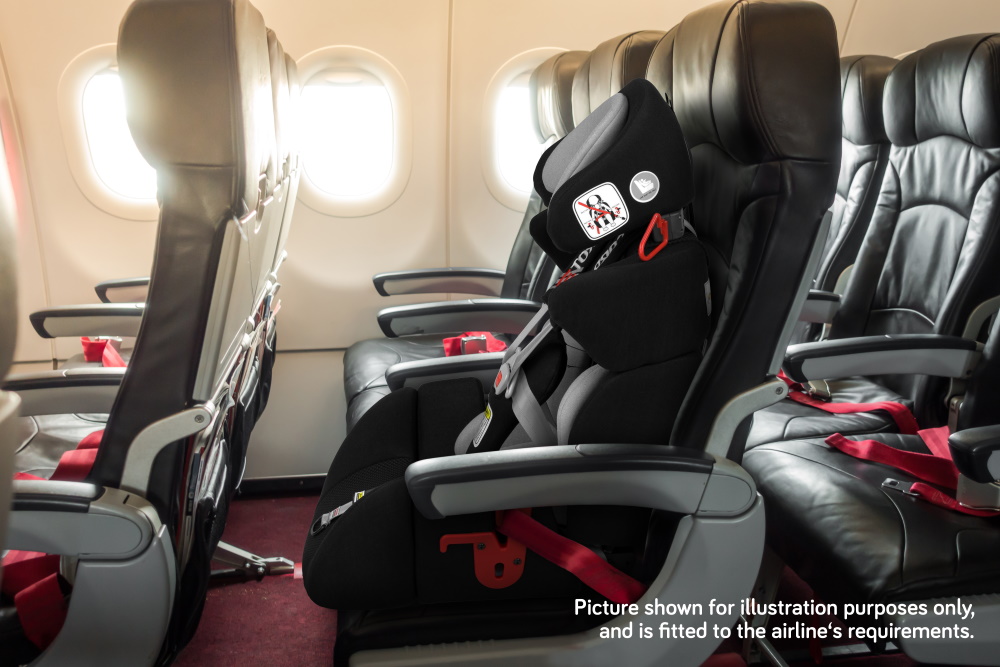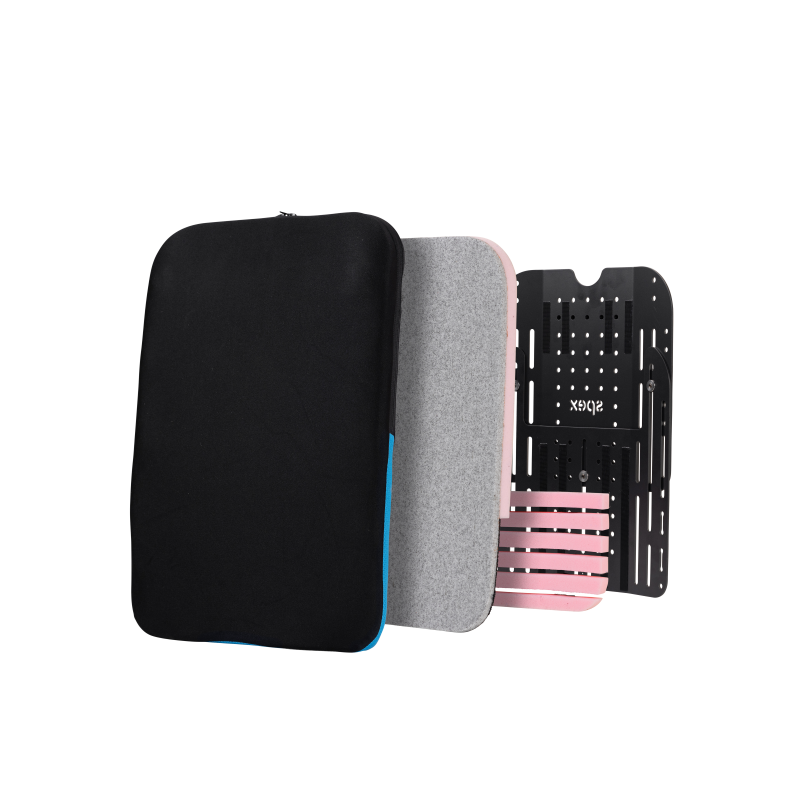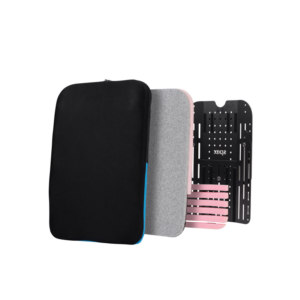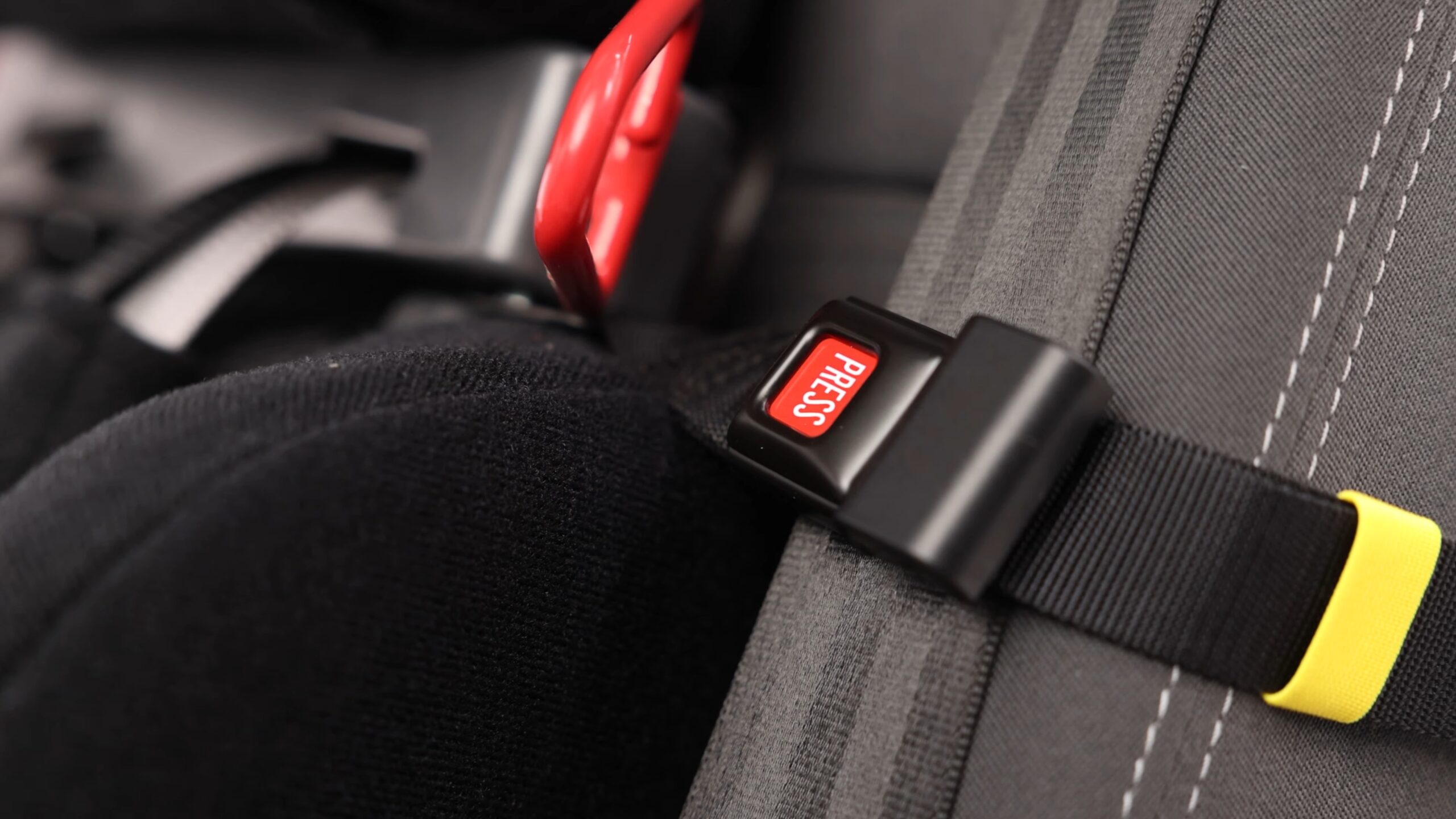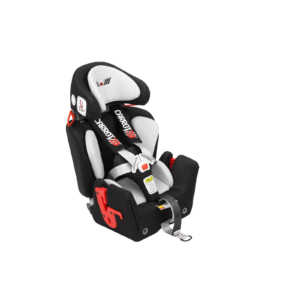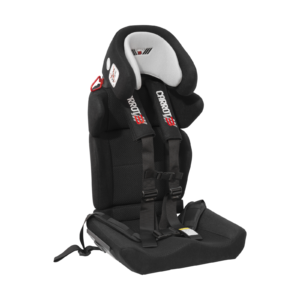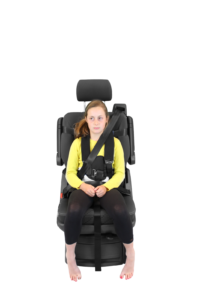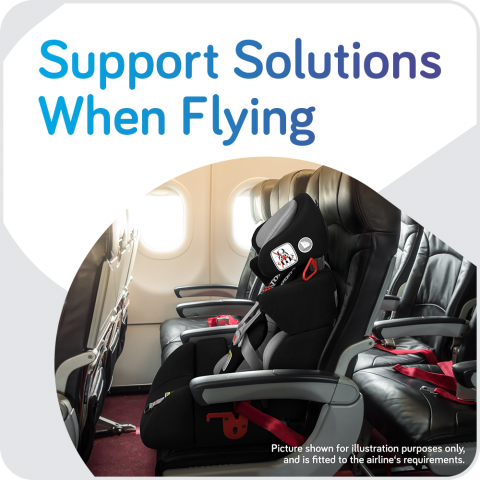
Medifab, being a specialist provider of a range of different postural equipment for travelling, has worked with several major airlines to make this process easier for everyone – the airline; the prescriber; and importantly, the parent/guardian and user! This further recognises the needs of families with a child with a disability, allowing them to travel with the appropriate aids designed to provide additional postural support to infants and children. This will be welcomed by many families with a child who simply cannot sit in an airline seat without appropriate support – a fantastic move forward in making travel more accessible for many!
In this article, we cover three of Medifab’s postural devices that have been approved for travelling on aircraft by some air carriers.
The Carrot Car Seat provided through Medifab, is designed, engineered, and built to provide optimal positioning & safety for children with insufficient head, trunk, and pelvic stability whilst travelling. It has a range of different accessories available to make this the perfect postural solution for children between 3 and 15 years old or weighing between 15-36 kg.
Learn more about the Carrot 3000 Car Seat
What airlines approve this device for use on their aircraft?
- Virgin Australia – Listed on their Pre-Approved Support Devices List. This can be found here under the Pre-Approved Support Devices section. Prior communication with Virgin is still required. Virgin released the statement…
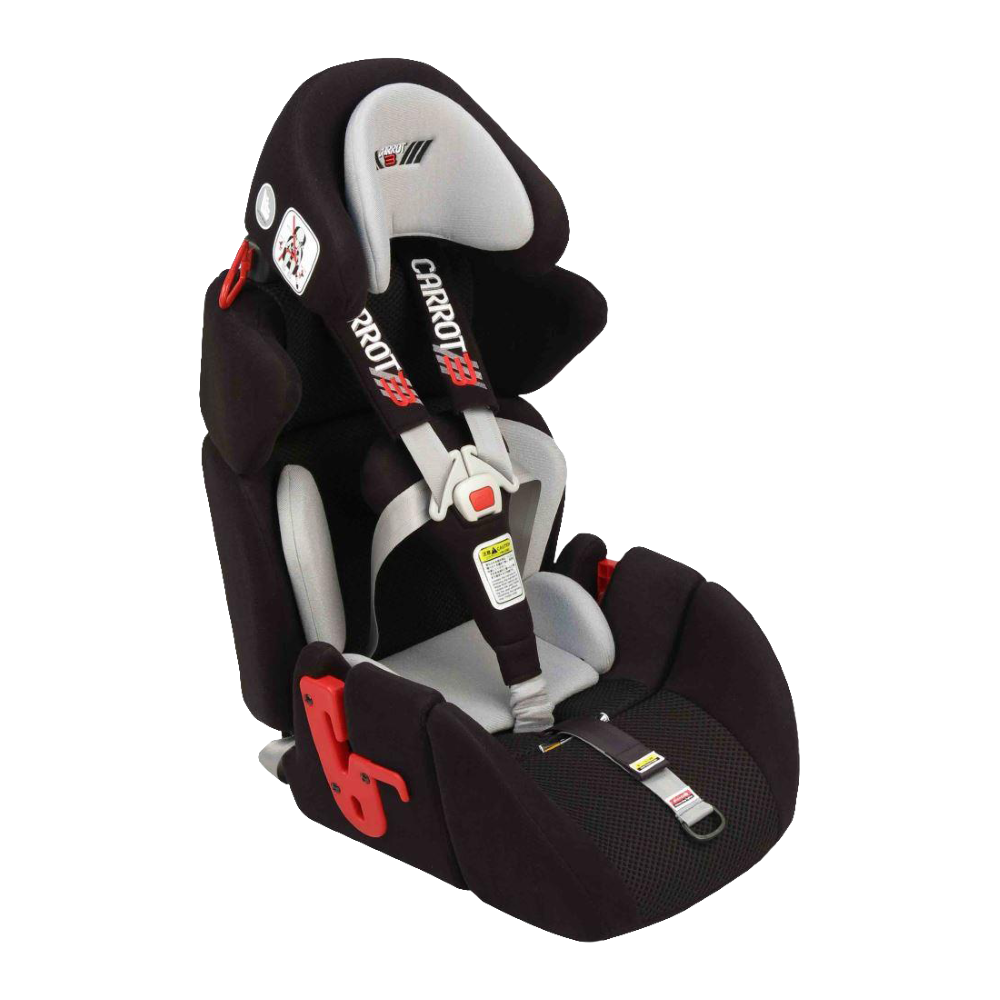
“Due to safety reasons, the use of support devices may be restricted to selected seating and not permitted for use in Business. If you require the use of a support device and intend to bring your own support device onboard, please contact our Guest Contact Centre to make your booking.” - Air New Zealand – Accepted for use on-board all Air New Zealand aircraft, both domestically and internationally. Suitable for use in all cabin classes, with the exception of Business Premier™. See here.
- Qantas Airlines – Despite this not being listed publically and prior communication with the airline still being required, Medifab can confirm that the Carrot 3000 is approved for use on some Qantas aircraft. We can also confirm that Qantas have previously approved the Carrot 2000 Car Seat – an earlier model of the Carrot 3000 Car Seat that is no longer provided by Medifab.
Essentially a larger version of the Carrot 3000 Car Seat, the Carrot XL Car Seat provides support for larger users whose measurements fall outside the Carrot 3000 specifications. It is generally considered appropriate for users 10 years to adult, or weighing between 36-75 kg.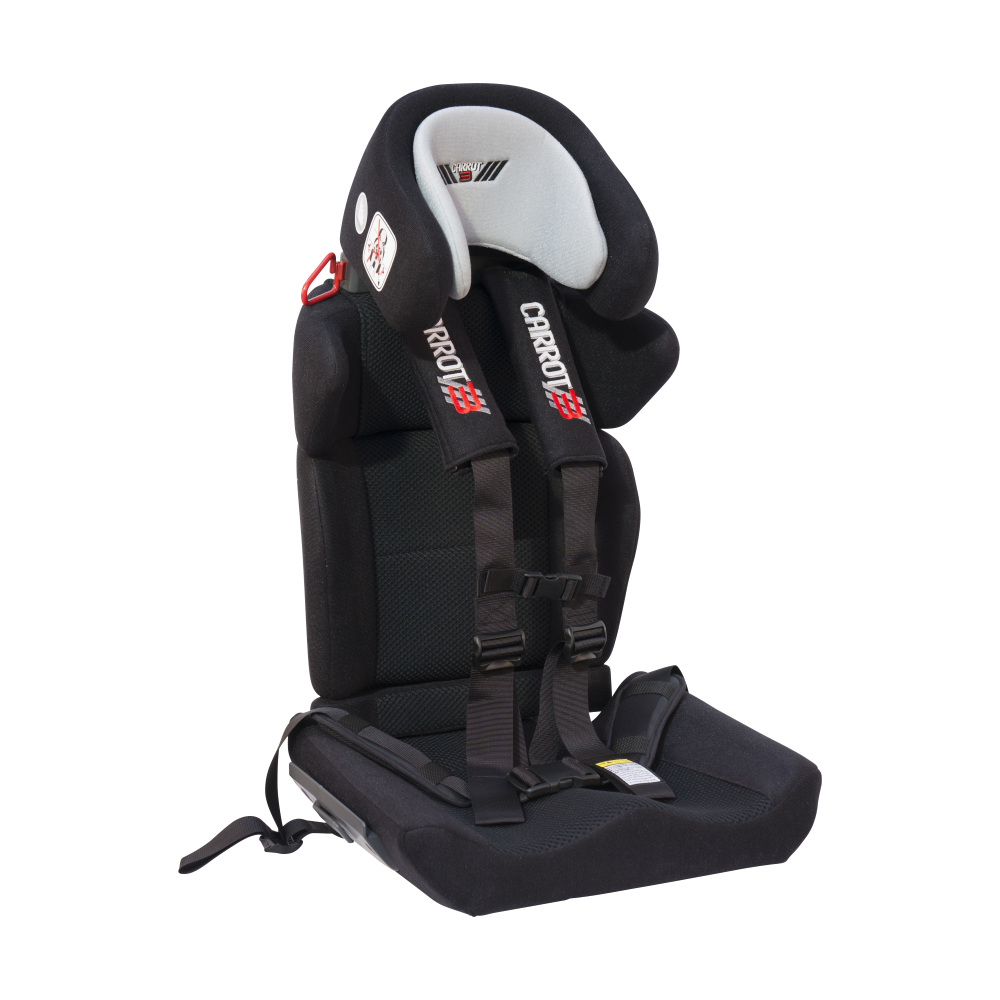
Learn more about the Carrot XL Car Seat
What airlines approve this device for use on their aircraft?
- Virgin Australia – Listed on their Pre-Approved Support Devices List. This can be found here under the Pre-Approved Support Devices section. Prior communication with Virgin is still required. Virgin released the statement…
“Due to safety reasons, the use of support devices may be restricted to selected seating and not permitted for use in Business. If you require the use of a support device and intend to bring your own support device onboard, please contact our Guest Contact Centre to make your booking.”
The Houdini 27 Harness is a vehicle positioning harness for children and adults with special needs and is used to offer postural support and assist in seating the occupant in an upright sitting position for persons with physical disabilities such as Cerebral Palsy (CP) and other significant physical disabilities or complex needs where extra support and positioning is required during travel. Alternatively, this harness can also be used for those with special needs such as Autism Spectrum Disorder (ASD), Attention Deficit Hyperactivity Disorder (ADHD), Down Syndrome, Asperger’s disorder, developmental delay or other challenging behavioural needs where the person has problems with attention and safety. This provides safer travel and management of these loved ones when travelling in the car, aircraft, or other means of transport.
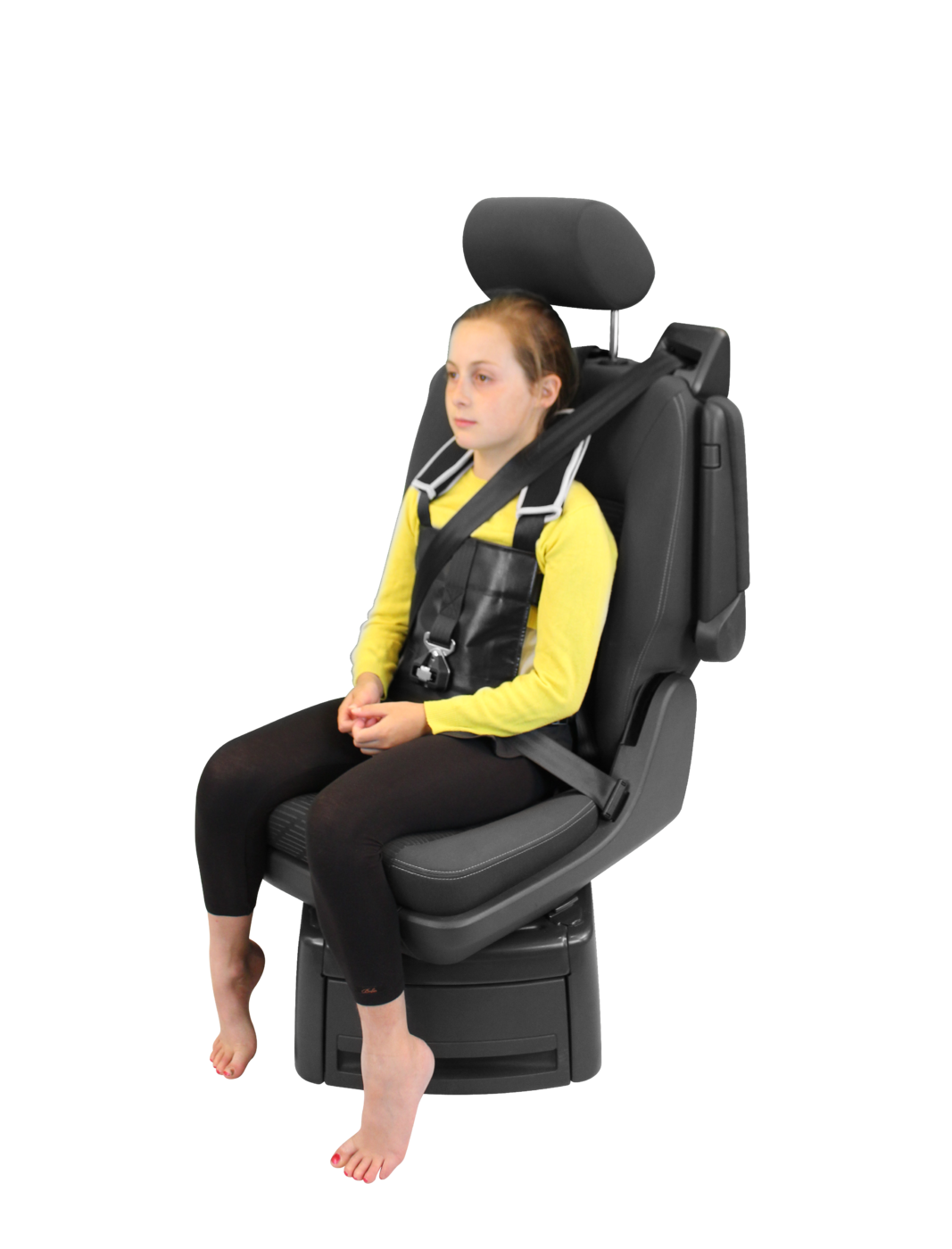
Other airlines may permit the use of the Carrot, Carrot XL and Model 27 Houdini harness onboard their aircraft. Caregivers are to contact the airline they are flying with and direct them to this webpage if they require more information about the device. Individual permission is likely to be required for it to be used and the airline may need to make special preparations to assist the passenger using the device such as appropriate seat allocation.
Air New Zealand are familiar with these devices – prior to your flight please call their customer care team on 0800 737 000, or visit their webpage for more related information here.
Other support devices not supplied by Medifab that have been approved for use on some Virgin Australia aircraft are:
- Firefly GoTo Seat
- Meru TravelChair
- Tomato Sitter
- Cares Child Restraint
If you plan to travel with your any of the above mentioned support devices, remember to include this is in your booking so the airline is aware you are travelling with the seating.
Please note, there may be more airlines that have approved these devices and if considering travelling with a different airline, we would encourage you to contact them.
